| BY THE NUMBERS |
We’re Nuts about These Facts
Did you know that “avocado” is the Aztec word for testicle? Testicles, also called testes, are egg-shaped organs that sit in the sac (scrotum) behind the penis. Their job is to make sperm and the male sex hormone, testosterone. Common problems that impact the testicles involve testicular trauma, testicular torsion, testicular cancer, epididymitis and hypogonadism. Facts about these health issues can be found at UrologyHealth.org.
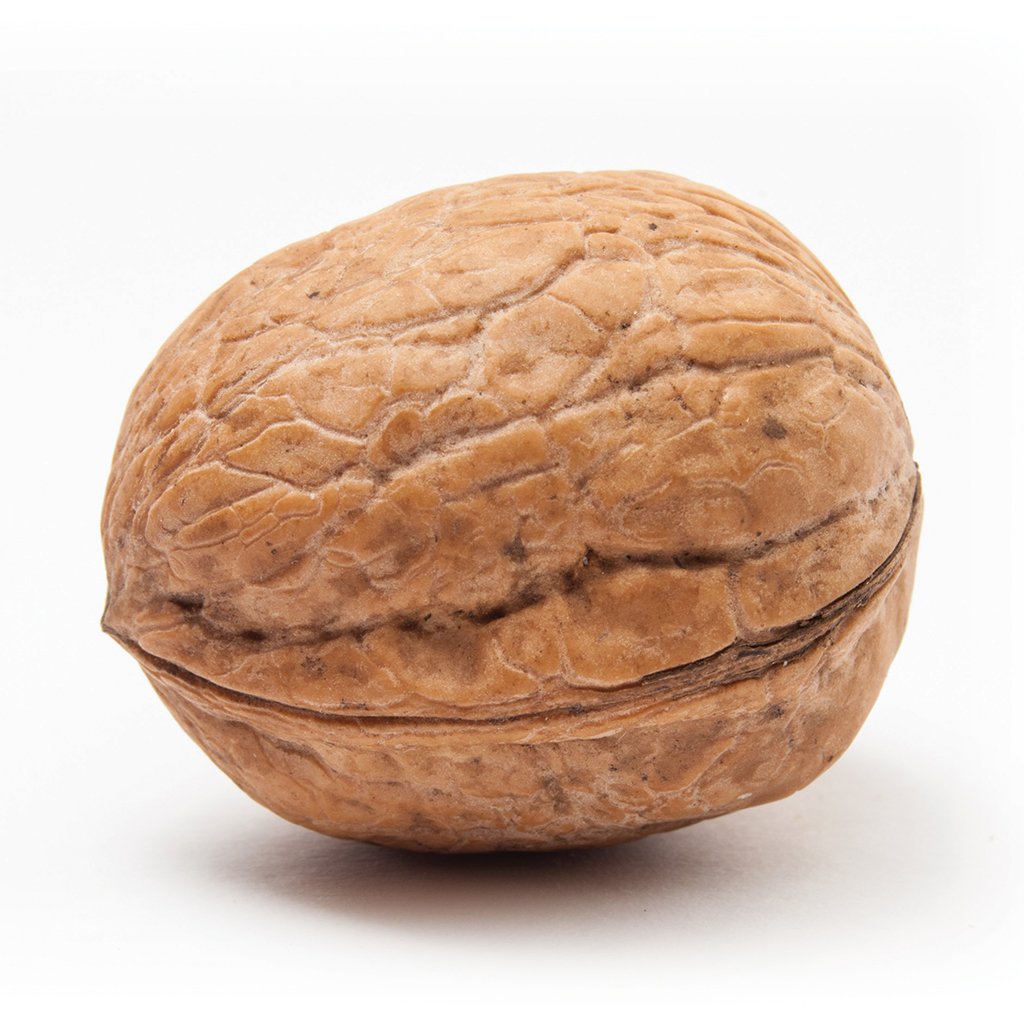
It is common for men to have
2
testicles.
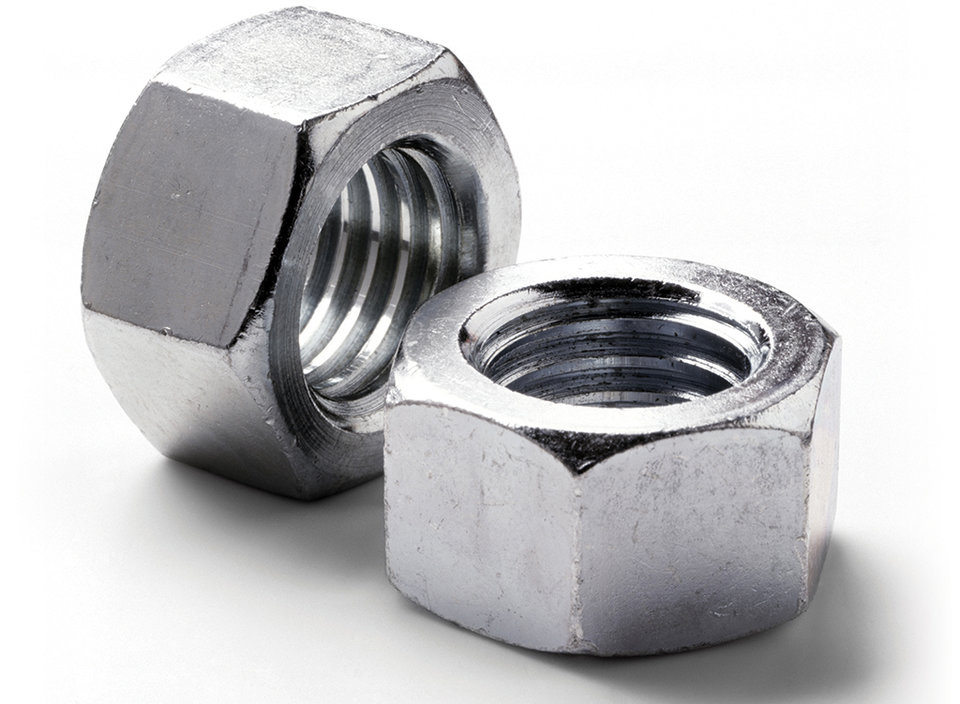
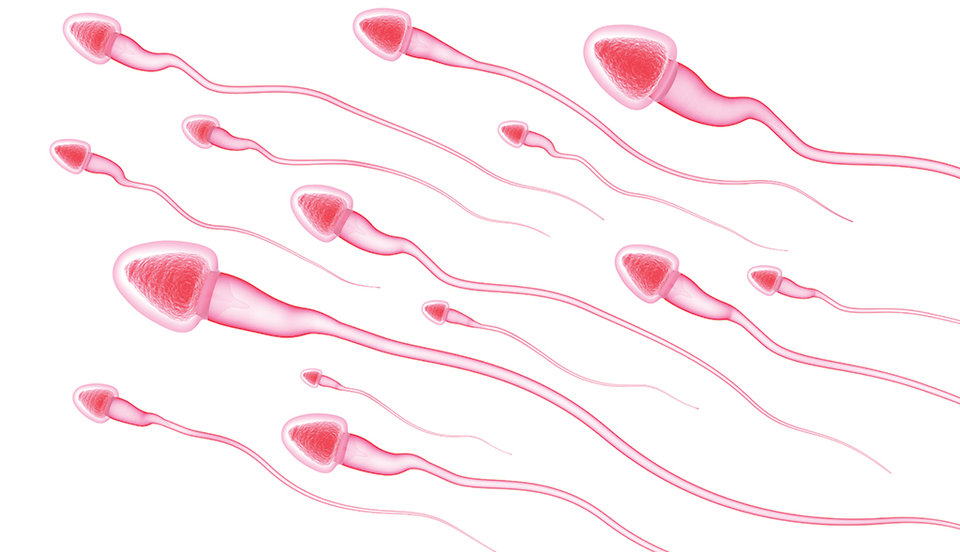
200
million
Number of sperm normal, healthy testicles make each day.

About
70
days
Time for new sperm to be made and to fully mature.
80%
of a testicle (by volume) is involved in making sperm.
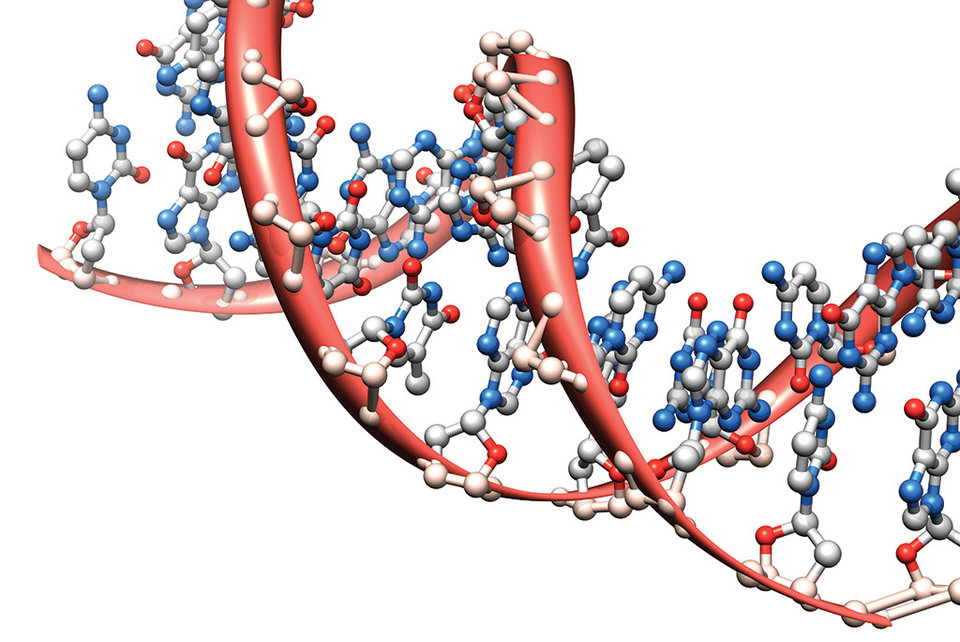
A sperm has
50%
of the DNA of a normal cell in the body.
15%
of men have veins that stand out in the scrotum called a varicocele (“bag of worms”).
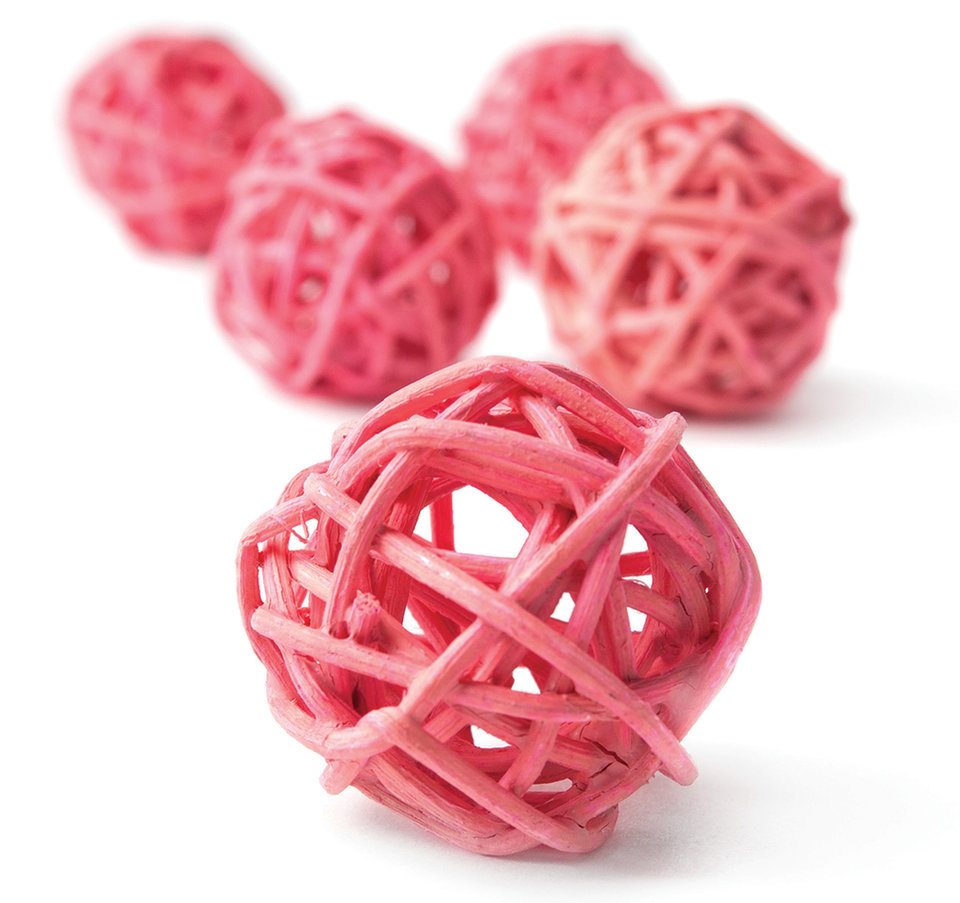
Polyorchidism is when a man has
more than 2
testicles, but this is rare.
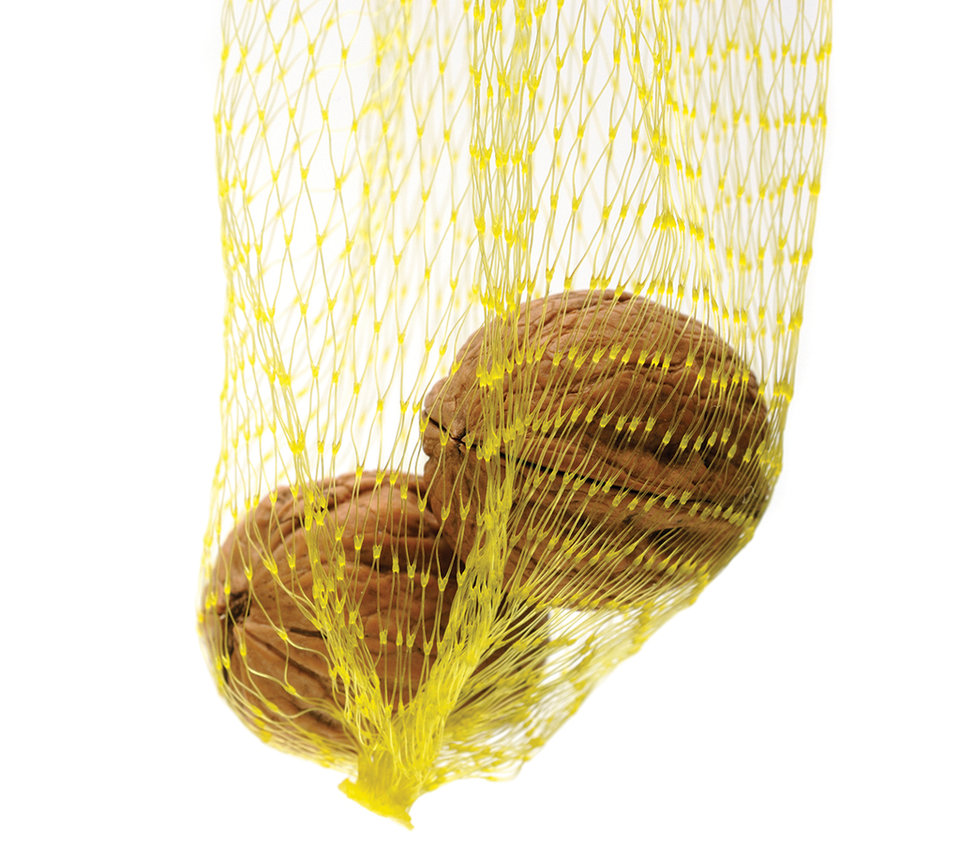
50%
of undescended testicles (cryptorchidism) drop on their own during the first three months of life.
8,430
Number of new cases of testicular cancer diagnosed in 2015.
More than
95%
Cure rate for testicular cancer, when it’s caught early.

More than
95%
Cure rate for testicular cancer, when it’s caught early.

10-13
years
Age range when testicles will start to grow.
1
healthy testicle can make enough sperm to fertilize a woman’s eggs.
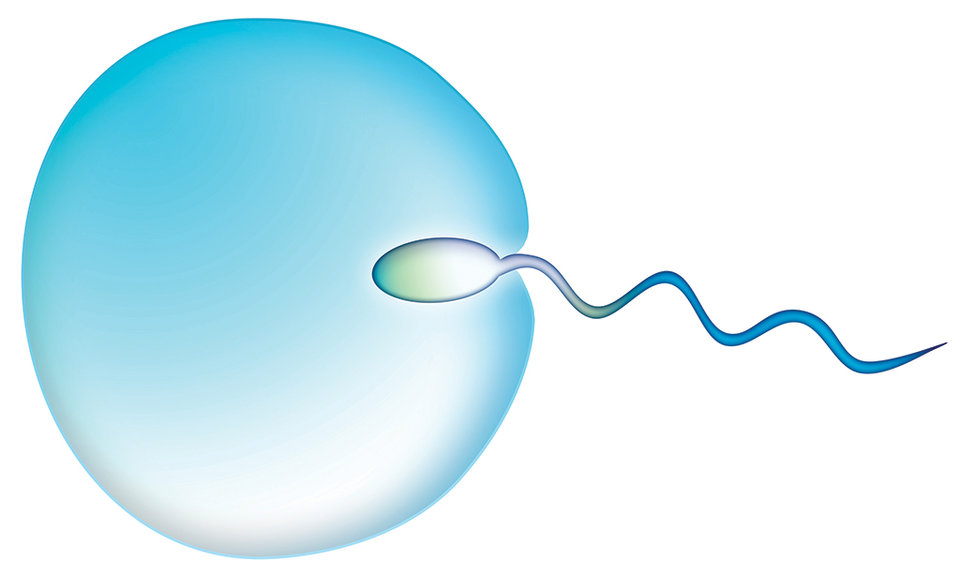
2-3 x 1
(inches long X inches wide)
Average size of an adult testicle.
Over
200
million
Number of sperm in a normal ejaculation.
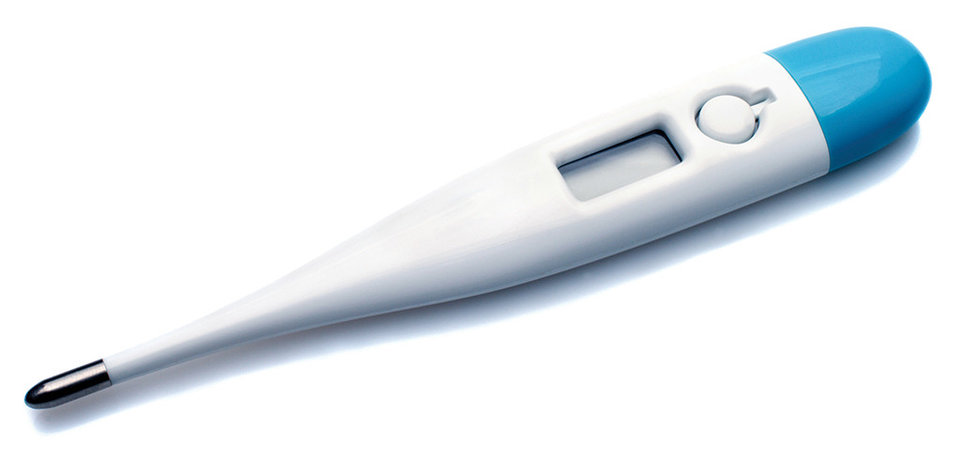
2-3
(degrees Fahrenheit)
Numbers of degrees cooler that testicles are than a man’s normal body temperature.
15-35
years
Age range when testicular cancer is most common.
15
Age at which guys should start to do monthly testicular self-exams.
For more facts about testicular cancer or doing a self-exam, visit the Urology Care Foundation website: UrologyHealth.org.
UrologyHealth.org | SPRING 2016 | UROLOGYHEALTH extra